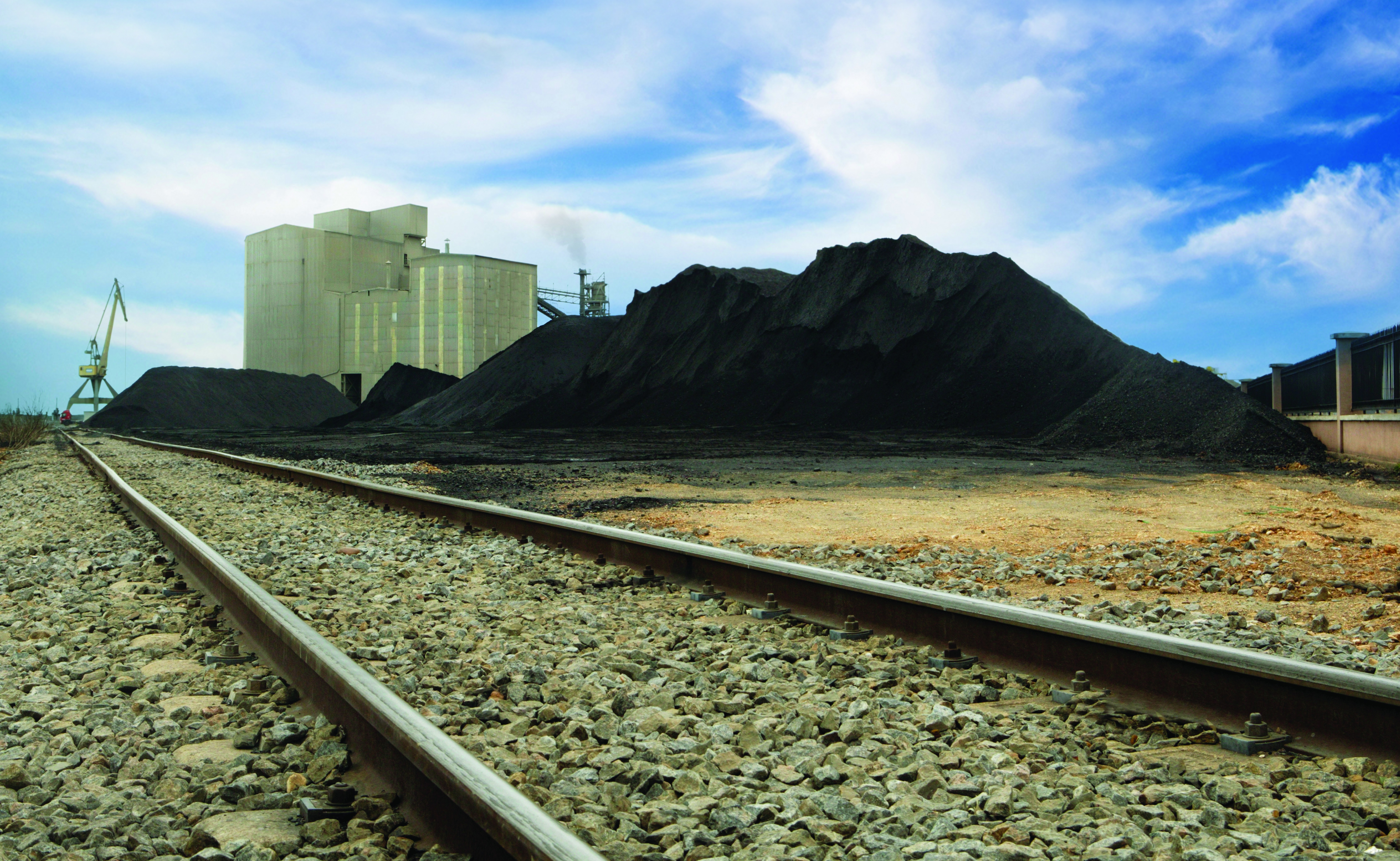US President Donald Trump has taken another step towards dismantling the climate change legacy of his predecessor by scrapping Barack Obama’s Clean Power Plan.
Obama’s flagship policy was intended to restrict carbon dioxide emissions and has been under attack from the Republican Party since it came into being in 2014.
Now, the head of the Environmental Protection Agency (EPA), Scott Pruitt, has signed an order to scrap the plan, in a bid to boost the country’s coal industry. But experts say that banks that have moved away from coal financing are unlikely to use this as an excuse to go back.
“I think they’ll give it consideration but at the end of the day I would be very sceptical that the rollback will have any long-term implications. The reality is the average wind or solar project is costing US$20 per MWh. Could you build a new coal plant for that price? No, it would cost you about US$50 per MWh for gas even,” Tim Buckley, director of energy finance studies at the Institute for Energy Economics and Financial Analysis, tells GTR.
He adds: “I can’t see why any US bank is going to turn on a dime and support the Trump plan knowing he might be gone in three years. He’s gone, and you won’t even have built the plant, you’re left with a 40-year stranded asset. It would be stupid.”
Over the last few years, a number of large banks have restricted their financing for the coal industry. Deutsche Bank earlier this year committed to ending financing of new coal mining and new coal-fired power plant construction. ING made a similar pledge, but much earlier. The likes of JP Morgan and the Bank of America Merrill Lynch made less sweeping commitments, but pledged to limit their credit exposure to coal.
Only ING responded to GTR’s request for fresh comment around whether the stance of the US government would shape their internal policy on coal. The bank says that on the contrary, it expects to accelerate its withdrawal from the sector.
“What we can do is adopt a core policy, but we can’t do it all by ourselves, we need government support as well. That’s why we’ve been for years calling for a strong climate accord. We have called for a price for carbon, an end to fossil fuel subsidy and for energy efficiency. We need that as a bank to enable us to incorporate risks into our risk models. We need to price carbon to incorporate carbon pricing into our risk models. We need companies to disclose their carbon footprints to understand the indirect effect we have on society through that carbon footprint,” says the bank’s head of business ethics, Arnaud Cohen Stuart.
“Governments can have an important role to increase our leverage on the global agenda. There is a need for a strong accord and we support that. But at the same time we have to take our own responsibility. Regardless of what COP23 will look like, we feel that we don’t need to finance new thermal coal and we intend to accelerate decreasing our exposure,” he adds.
Trump’s bullish support of the US coal industry led to a 58% rise in coal exports over the first quarter of this year. This was also facilitated by a decline in coal production in China, which led to greater demand for US coal.
However, the boom is likely to be short term and anomalous in the long-term decline of coal. More countries are weaning themselves off burning carbon, while others, such as India, are consuming more of their own product at the expense of imports. The US fossil fuel industry, which funded and supported the Trump campaign vociferously, may be content with the short-term improvement but is acceptant of coal’s fate.
In a recent presentation for shareholders, the largest private sector coal company in the world, Peabody Energy, said that it expects 10GW of coal-fired plant retirements per year going forward.
“There’s huge scope for the utilisation rate of remaining coal-fired plants to go up to the extent power demand is there, but when you continue to see plant closures, your industry is in terminal decline. Demand has been flat for decades. You’re still seeing 20GW of renewables being built, a net 10GW of gas being built each year. Once you build renewables, there’s a zero margin cost of supply. It will always win the fight,” Buckley says.
However, for environmentalists, Trump’s disregard for the threats of climate change are concerning. In a year that the US and other parts of the world have been ravaged by storms and unprecedented heatwaves, he withdrew from the Paris Agreement and is now tearing up the domestic rulebook on climate policy.







